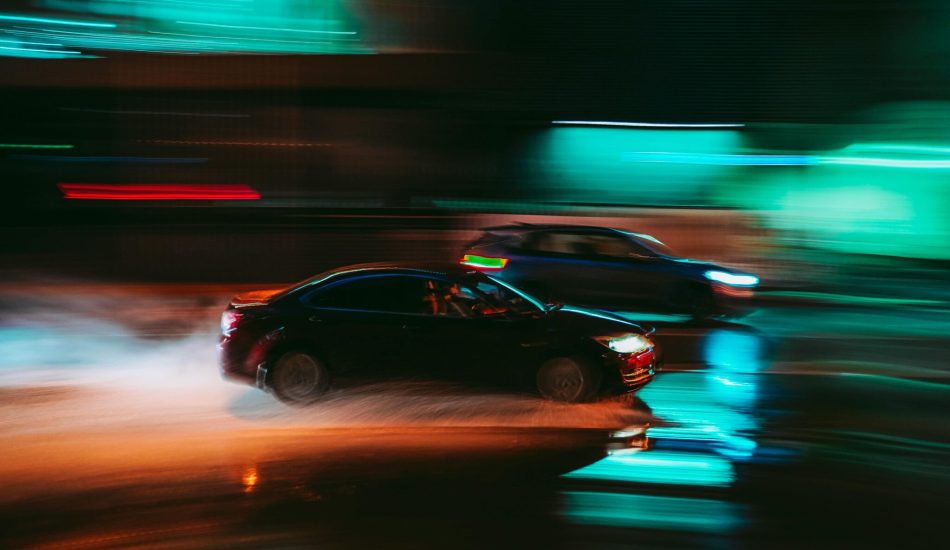The Consequences Of Drag Racing

When your car has a powerful engine, and you have an empty road ahead of you, the temptation to see what your vehicle can do can be overwhelming.
Although the urge to race your car against another is understandable, the consequences of drag racing can be severe and often cause fatal crashes. The results of your recklessness could impact you forever. Significant legal consequences can result from drag racing, even if no accident occurs, which is why you need to call a skilled vehicular crimes attorney.
HIGH-SPEED CRASHES OFTEN CAUSE FATALITIES
When a vehicle crashes while moving at high speeds, the chances of fatal injuries rise. Someone who survives a high-speed crash could have permanent, life-changing injuries.
If you are drag racing and suffer severe injuries, your ability to collect compensation from the other driver might be limited due to your role in the incident. When you are partially responsible for your injuries, you cannot collect 100 percent of your damages, but only the portion attributable to others.
However, if you cause injury or death to an innocent bystander while drag racing, you will likely have substantial civil liability. You will be personally liable for any damages that exceed your insurance coverage. In addition to the financial risk, you can face criminal penalties for drag racing.
CRIMINAL SANCTIONS FOR RACING CAN BE SEVERE
Arizona Revised Statute § 28-708 is the criminal law describing racing and its legal consequences. Racing is a Class 1 misdemeanor, the most serious category of misdemeanor violations. According to the latest sentencing guidelines, the penalties range from no jail time to the possibility of six months in jail. A first conviction for this offense will receive a minimum fine of $250, and a judge could also order probation for up to three years, restitution, and community service.
A second offense within 24 months is a Class 6 felony. It carries a minimum prison term of nine months with mitigating circumstances, and up to two years, nine months if there are aggravating circumstances. The minimum fine is $500, and the judge can order probation and community service. If convicted, the offender must serve at least 10 days in jail and could face other penalties.
DRIVER’S LICENSE SUSPENSION
Someone convicted of drag racing will likely have their driver’s license suspended. A first conviction could lead to a 45-day license suspension. A second conviction within two years carries a mandatory one-year license suspension.
DEFINITION OF HIGHWAY RACING
When most people think of drag racing, they think of two cars going head-to-head in an acceleration contest or a timed contest between multiple vehicles to determine which one covers a set distance fastest. However, the definition in the statute leaves room for the police to issue a racing ticket for other forms of allegedly dangerous driving.
Sometimes another motorist is driving too slowly in the fast lane or committing some other annoyance. In response, a frustrated driver might tailgate and pass them aggressively. The opposite situation, where someone is attempting to get away from an enraged or dangerous driver, also could lead to sudden lane changes or acceleration.
Either of these scenarios could lead to racing charges. A traffic defense attorney can compile evidence through witness testimony, dashcam footage, surveillance video, and other sources to demonstrate a driver was not racing.
CONTACT AN EXPERIENCED ATTORNEY TO DEFEND A DRAG RACING CHARGE
Arizona takes highway safety seriously, and the consequences of a drag racing charge could be severe. Do not assume your claims of innocence will easily convince a prosecutor or judge.
Defeating a drag racing charge requires help from a knowledgeable legal professional. Call today to discuss your case with the Grand Canyon Law Group.
